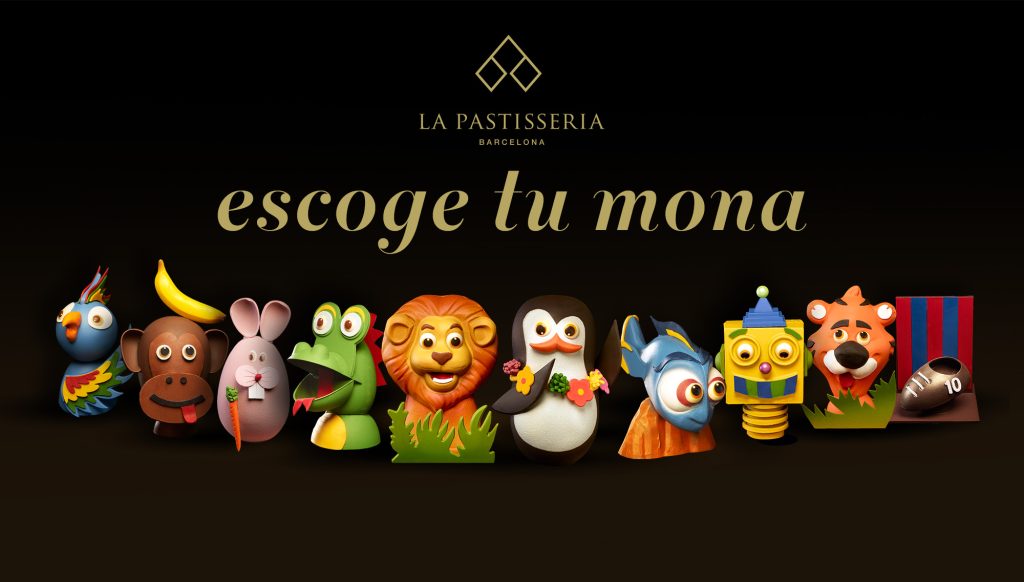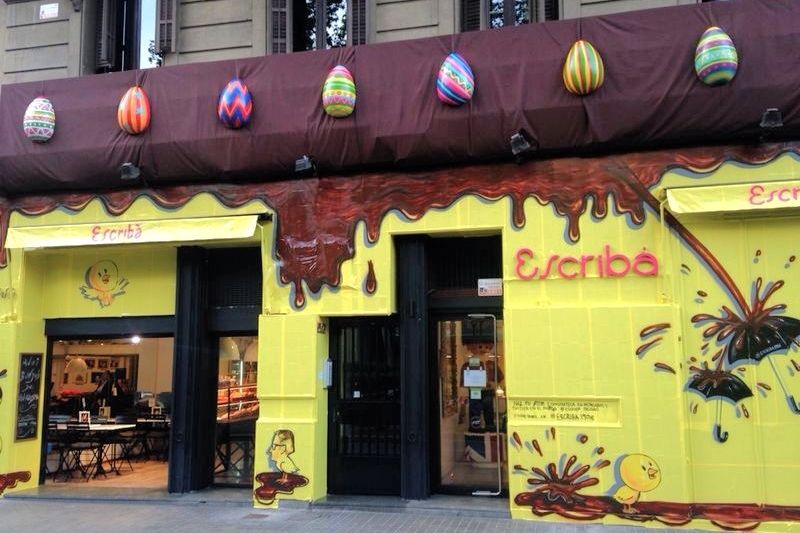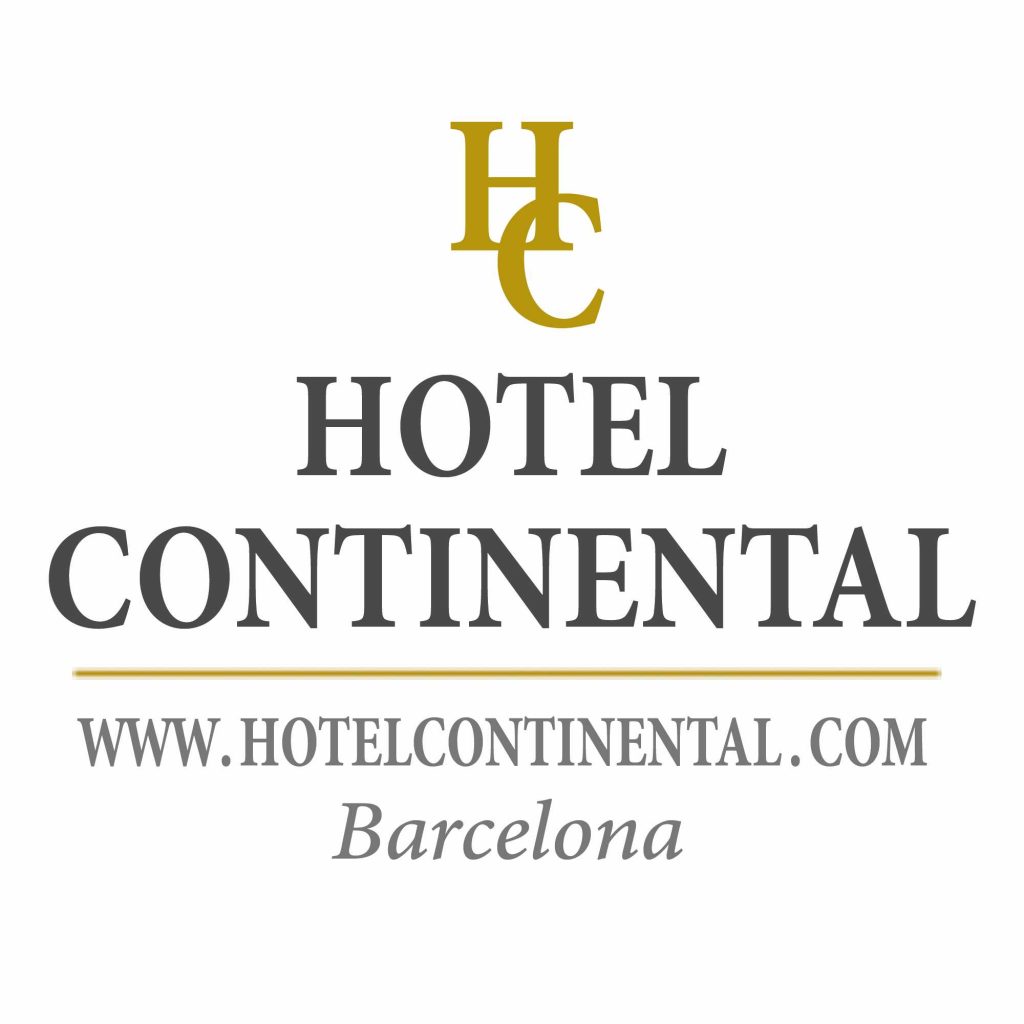The Mona de Pascua: Catalan Tradition and Sweetness
The Mona de Pascua is an emblematic chocolate figure from Catalonia that marks the end of Holy Week and Lenten sacrifices. Originating from Christian customs, it is a delight usually given by godparents to their godchildren, who share this sweet treat as a symbol of affection and protection.
And why “Mona”?
The word “Mona” comes from the Arabic term “munna,” which means “provision for the mouth.” Traditionally made at the end of Lent, a fasting period, as a reward for abstinence. Godparents used to give it to their godchildren, adorned with as many hard-boiled eggs as the child’s age, symbolizing fertility and renewal.
Has it always been chocolate?
Well… initially made of bread or sponge cake adorned with hard-boiled eggs, the Mona evolved with the introduction of chocolate from the Americas to Europe. By the late 19th century, the French popularized the custom of making chocolate figures shaped like eggs, transforming the Mona into the variety of shapes and figures we know today that adorn the windows of all bakeries.

How do Catalans celebrate Easter?
Easter Monday is the eagerly awaited date to gather with family and share the Mona, a tradition that still endures. Although current circumstances may postpone these gatherings, the essence of the Mona lives on. Now more than ever, it can be enjoyed at home, whether homemade or ordered from a bakery.
The Mona de Pascua is not just a dessert; it is a cultural bond that unites generations and symbolizes the arrival of spring. Through its shapes and flavors, it connects us with the traditions and history of Catalonia, reminding us of the importance of celebrating together.
Which bakeries are closest to Hotel Continental Palacete and Continental Barcelona?
We have excellent bakeries near our hotels that are well worth a visit, if only to see the creations they make. These “Monas” are truly works of art.
Here are the most relevant ones:

- Casa Vives – Rambla Catalunya 58 Artisans since 1895, now in the fourth generation. Their head pastry chef, Miquel Vives, trained in Paris and Barcelona’s schools.
- La Pastisseria – C/ Aragó 228 Features a special selection from the founder of this bakery, who was a world pastry champion: Josep Maria Rodríguez.
- Forn Sant Jaume – Rambla Catalunya 50 They work with simple, locally sourced products of the highest quality. An artisan bakery that maintains and respects the tradition of classic pastry making.
- Escribà – La Rambla 83 A historic pastry shop in Barcelona. Founded in 1906, when Mateu Serra i Capell (1876-1945) opened “Forn Serra.”

!happy easter from Hotel Continental!
Don’t miss a visit to these wonderful bakeries and treat yourself to a chocolate Mona to experience firsthand the pleasure of chocolate steeped in pure Catalan tradition!


